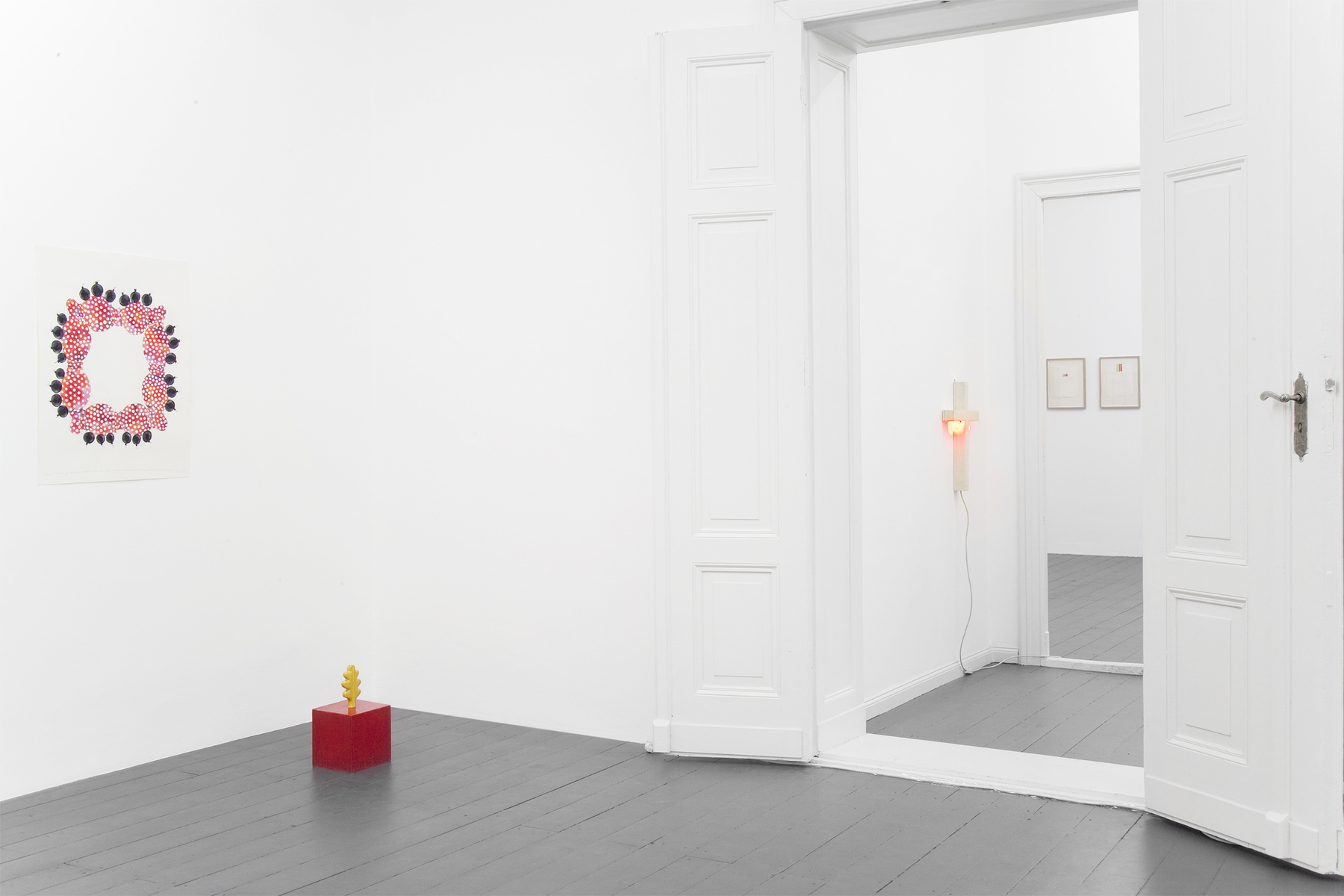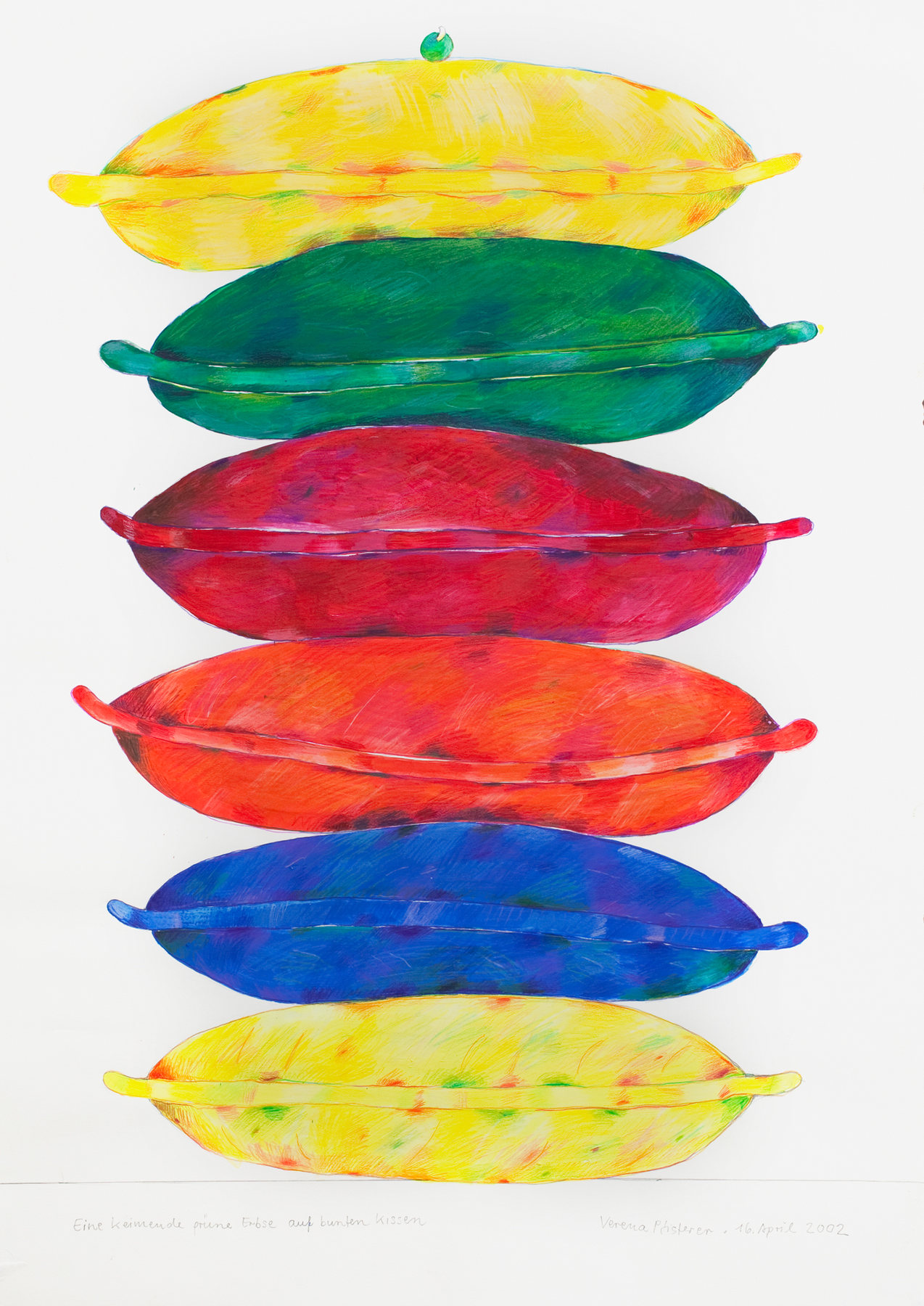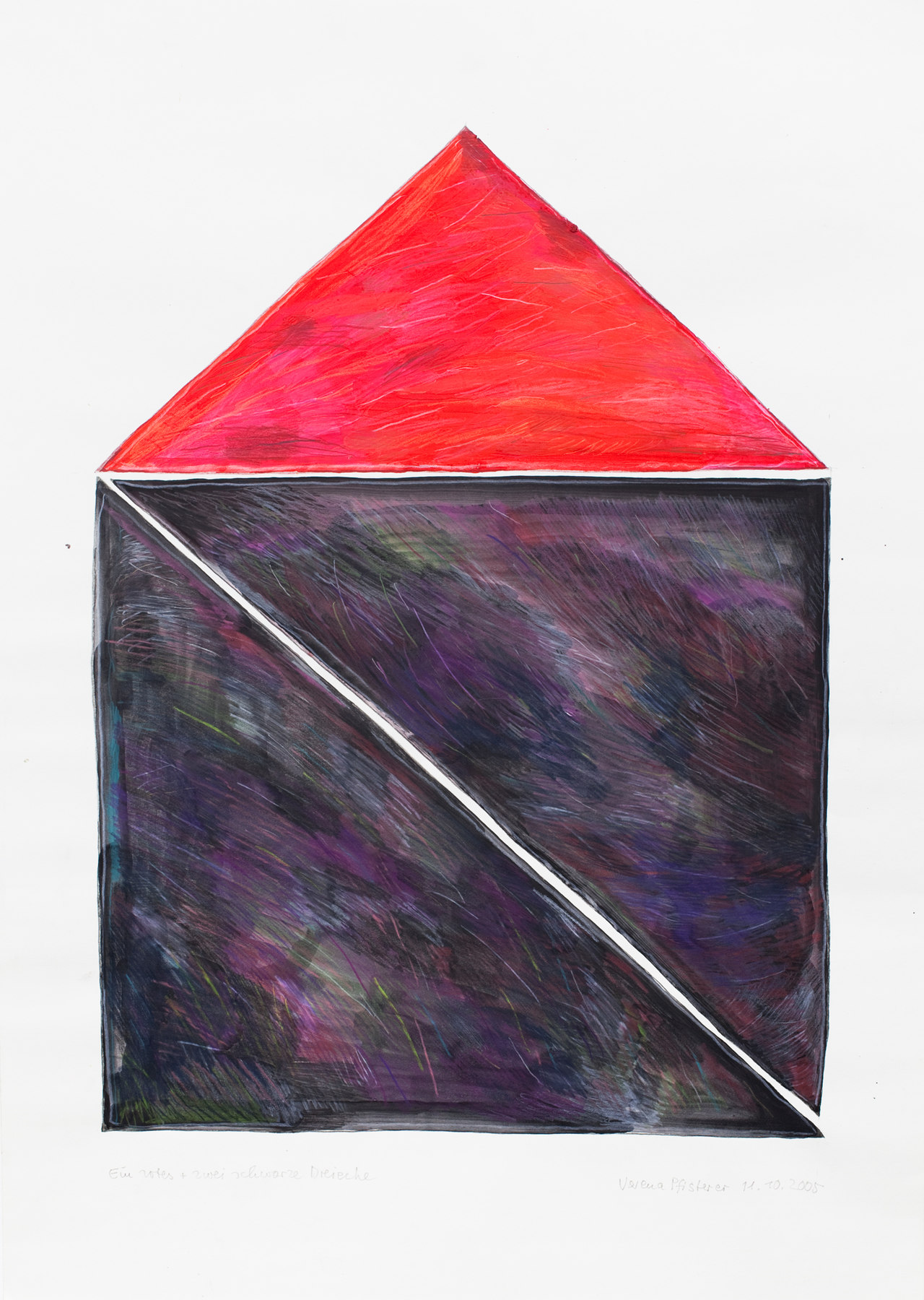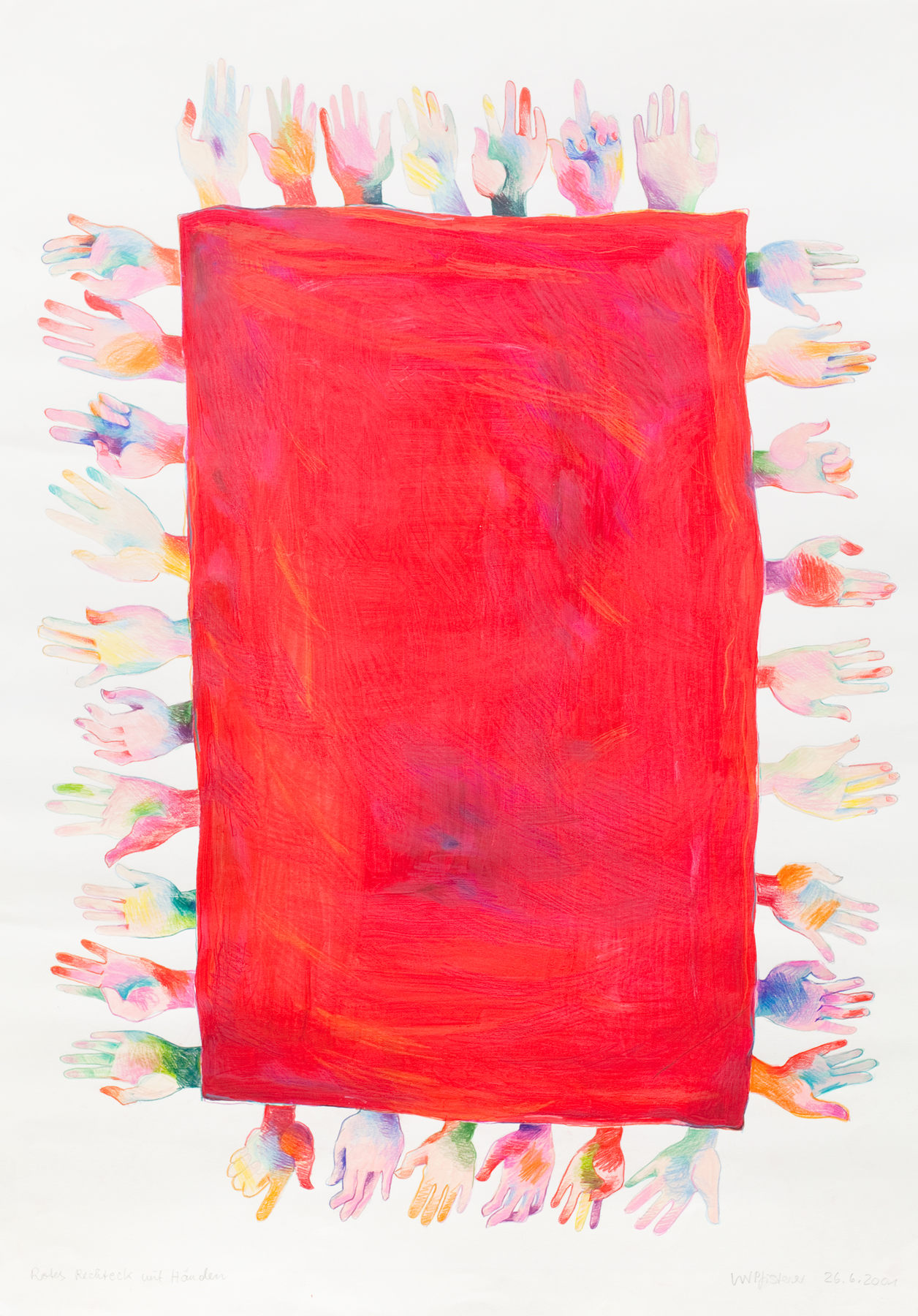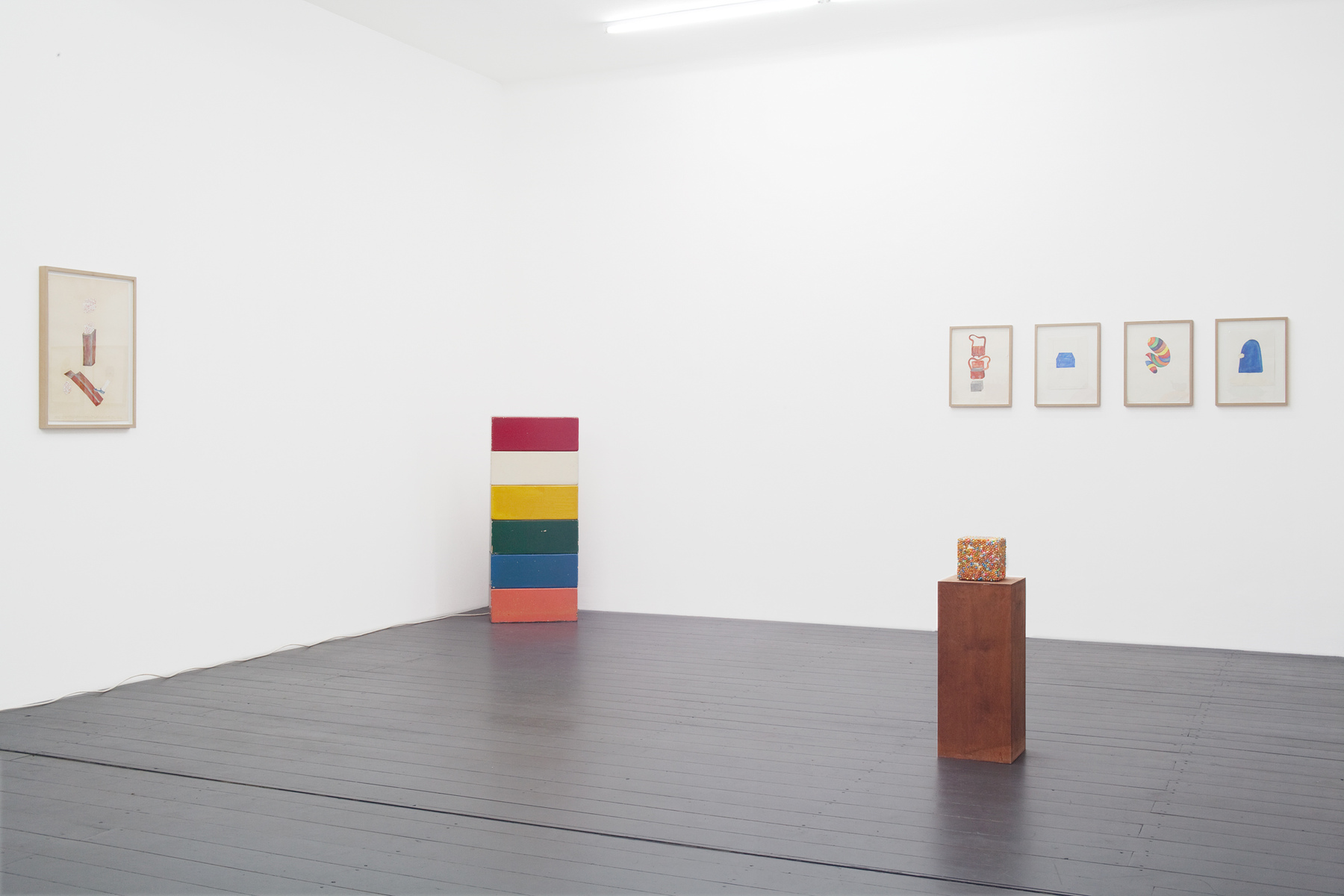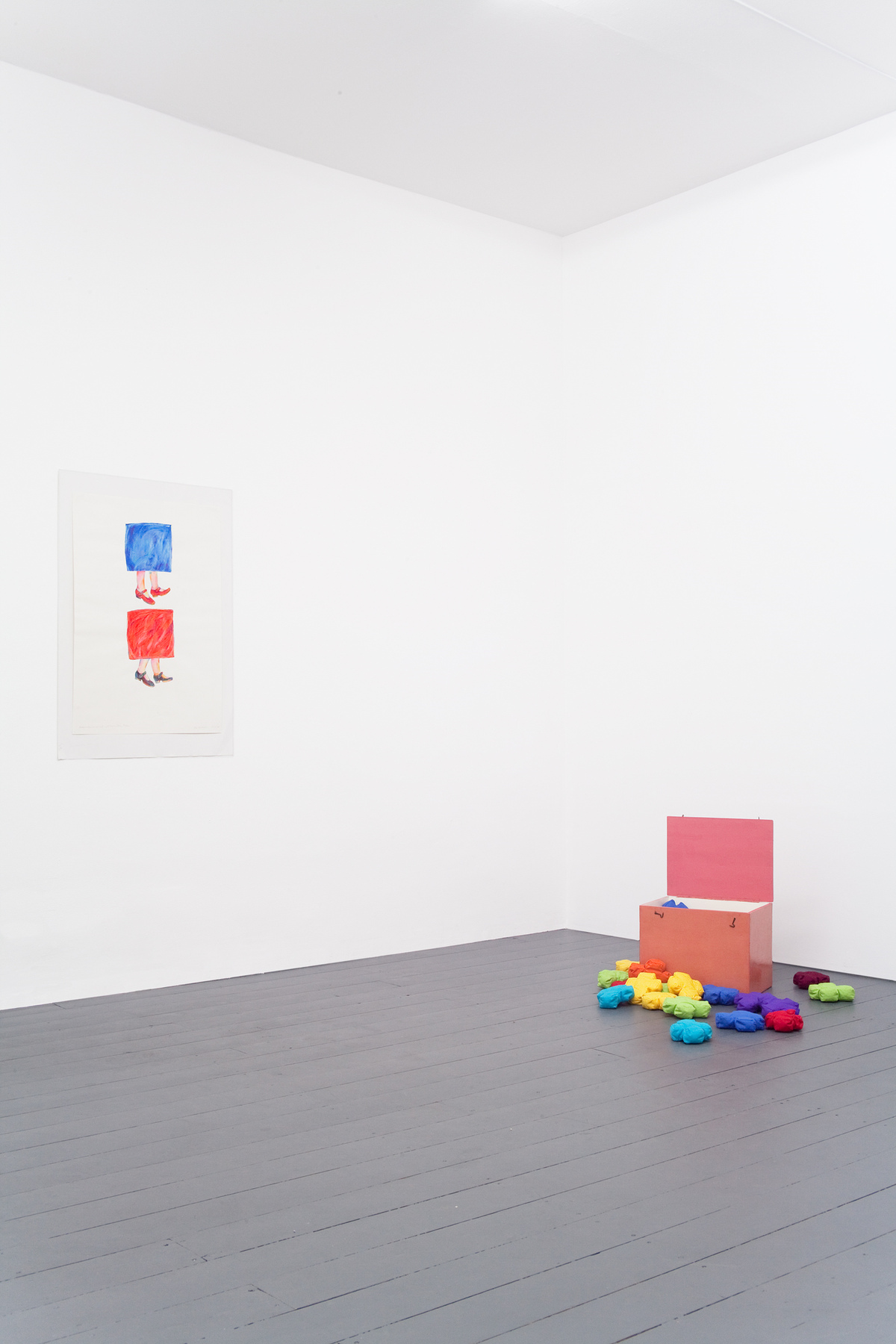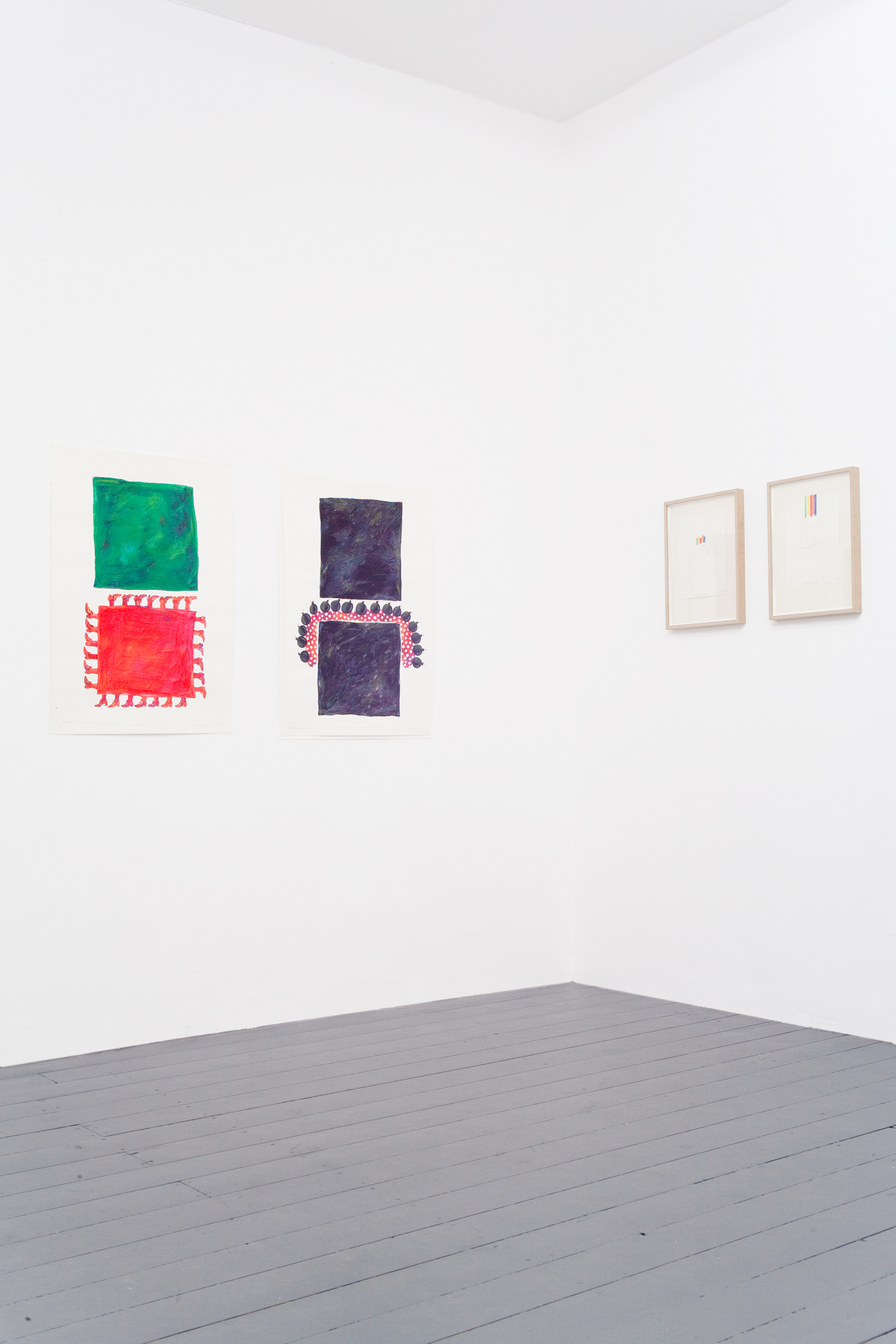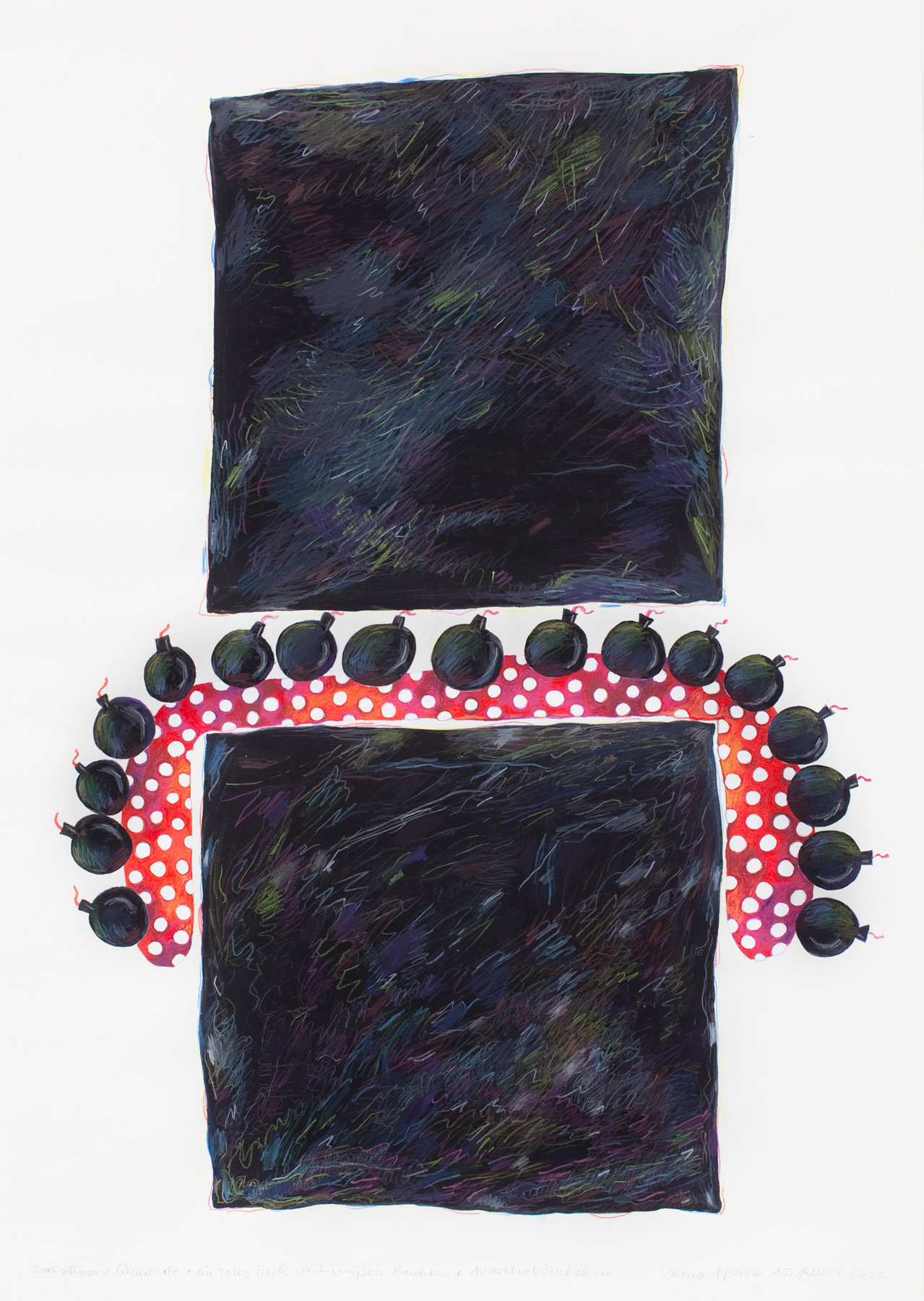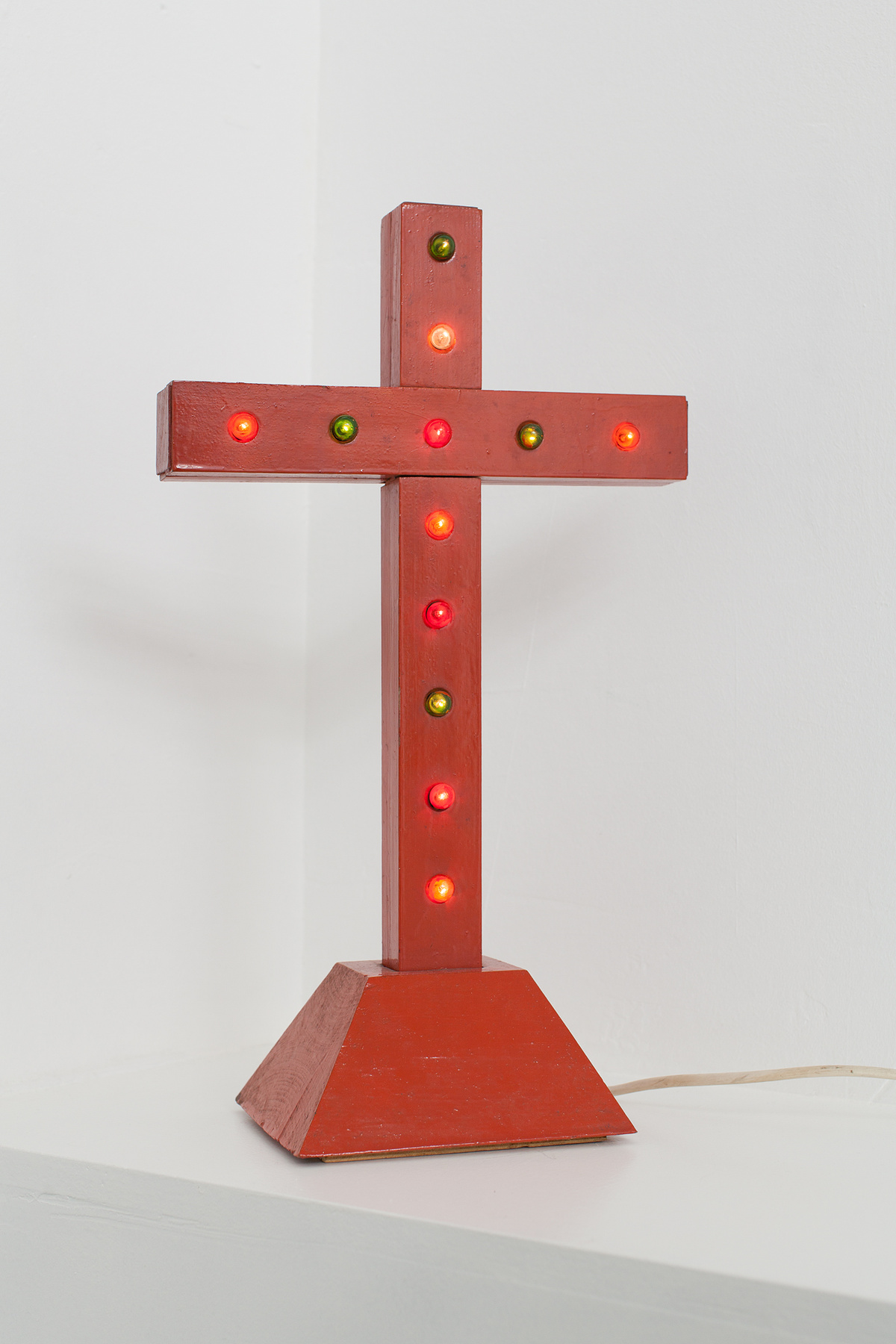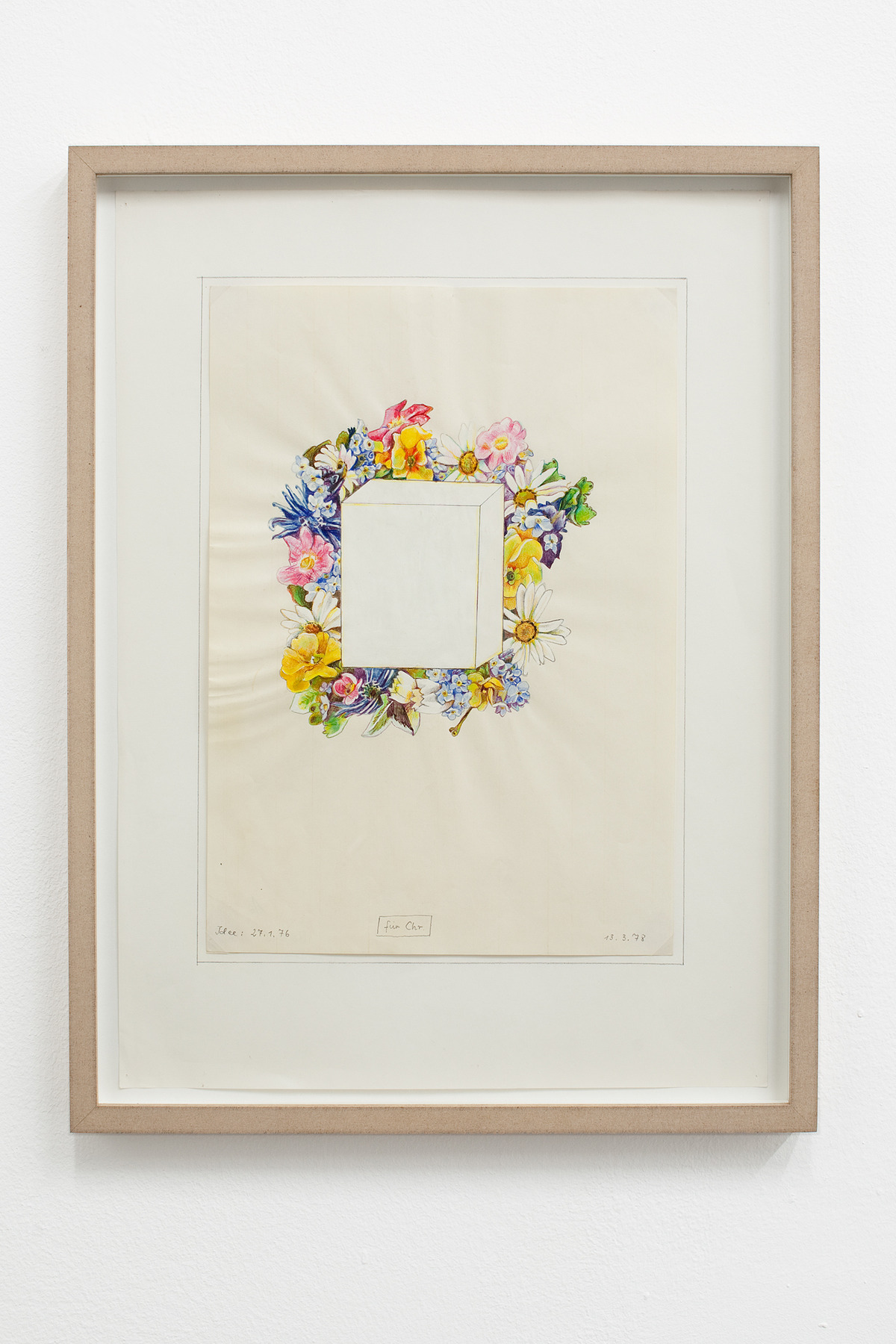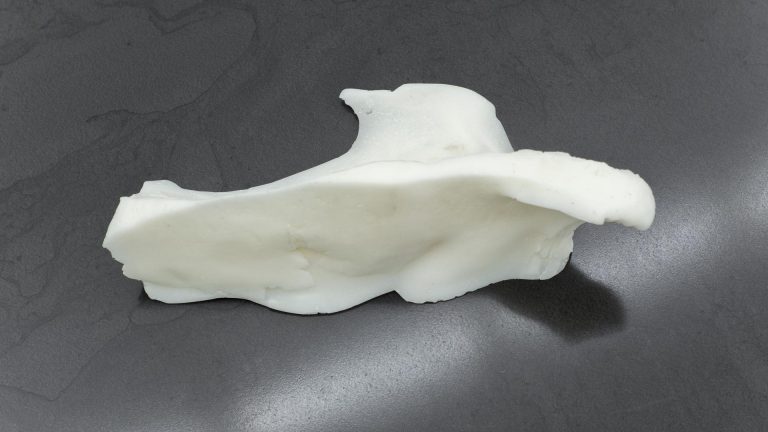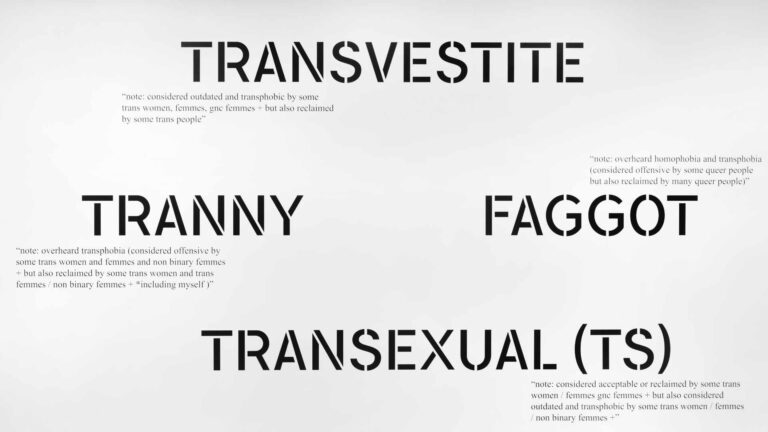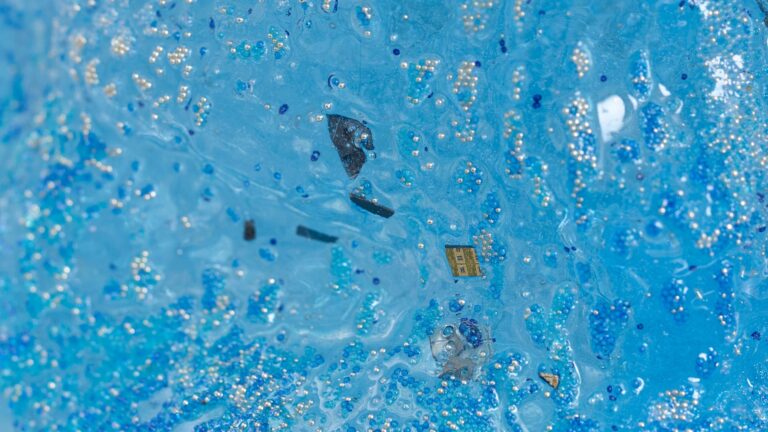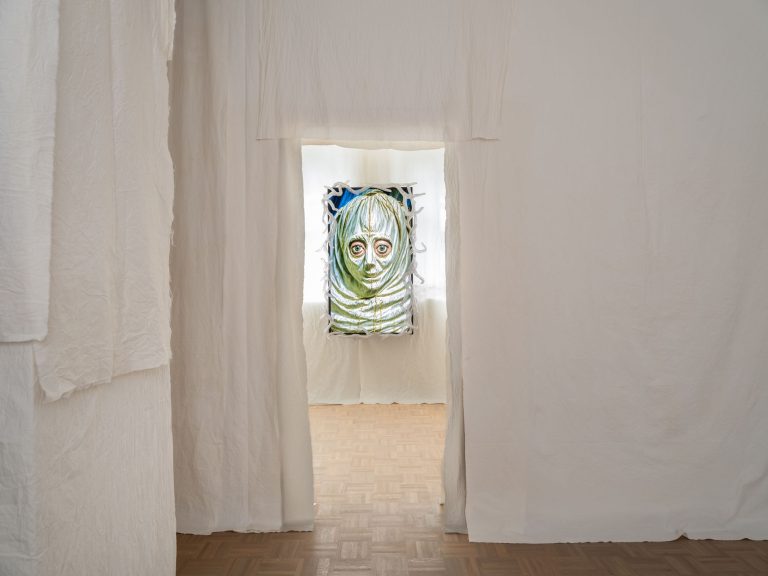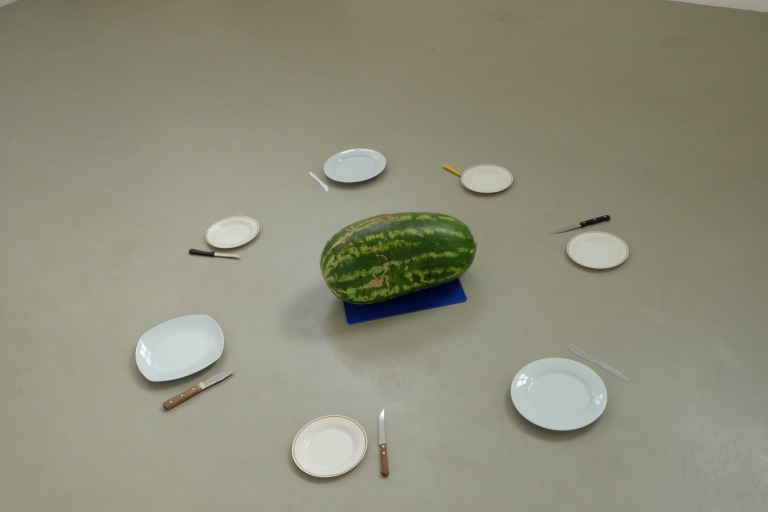Artist: Verena Pfsterer
Venue: EXILE, Berlin, Germany
Date: October 16 – November 28, 2015
Photography: images copyright and courtesy of the artist and EXILE, Berlin
Exile is pleased to present a solo exhibition of the work of artist Verena Pfsterer (1941 – 2013). The exhibition, curated by Silke Nowak, focuses on drawings and objects from the early and late stages of her artistic career. The selected works, most of which have never before been exhibited, are set in dialogue with each other and form a beginning and an end point from which to approach the work and persona of Verena Pfster.
Already at the early age of 17, Pfsterer joined the Junge Kunstkreis (JuKu), a group of young adults interested in art where she also met her later peer and personal friend Franz Erhard Walther. From 1960 to 1963, Pfsterer studied at Städelschule in Frankfurt before entering Kunstakademie Düsseldorf from where she graduated in 1967. In Düsseldorf, Pfsterer became an active part of the art movement, participated in many exhibitions, happenings and actions alongside artists such as Jörg Immendorff, Chris Reinecke and Reiner Ruthenbeck. She created experiential room-size environments such as Lichtbrunnen (1965), sculptures, which often contained moving or light elements, staged photographs, fashion drawings for women clothing, and participatory happenings.
Following art school, Pfsterer moved from Düsseldorf to Berlin. Motivated by the student protest and peace movements predominant in Berlin, Pfsterer shifted her focus from the perceived narrow margins of the Düsseldorf art scene to the ideas of social and political change. Here in Berlin, Pfsterer continued her artstic practice while simultaneously becoming deeply involved in socio-political activism. Her works were made to be used, touched and interacted with as she opposed the limited context art was traditionally presented in.
By expanding the idea of the purpose and role of her art, Pfsterer wanted her art understood as participatory and integrative, aimed at a direct visceral interaction between the art work and the audience. Pfsterer understood her art as an active part embedded in the ideas for social change but never limited her interests to the arts alone. In 1975 she began to study psychology, philosophy and sociology at West Berlin’s Freie Universität and was awarded her doctorate in psychology in 1985.
From the mid 1970s Pfsterer increasingly retreated from an active involvement in the arts, later becoming a professional therapist and occasional illustrator for magazines, but always continued her artistic practice, though now predominantly in private. Instead of creating actual objects she captured the ideas for such objects in very precise drawings and began to photograph her environment as a means of documenting her specifc view. Simultaneously she worked on various novels and texts and later published the comprehensive book Fotografe und Alltag.
From 2001 to 2004, Pfsterer’s work was revisited in exhibitions organized by Kienzle & Gmeiner Gallery in Berlin as well as in the group exhibition Kurze Karrieren at mumok, Museum of Modern Art, Vienna. These exhibitions motivated her to refocus on her early creative works, and produce larger-scale drawings that partially reconnect to her early work while moving it forward into its own visual and conceptual language. Latest, in 2014, her hometown Fulda honored Pfsterer with the, to date, most comprehensive exhibition of her work at the Vonderau Museum.
Taking inspiration from her self-titled, though sadly only posthumously fnished, catalogue Die Illusion der Freiheit der Kunst the exhibition pays homage to the multi-facetted, complex dimensions of the artist Verena Pfsterer. Through her very personal melange of academic and artistic interests she created an œvre that, while at all times playfully, often attributes to fairy-tales, christian symbolism, comics, craft, fashion and even kitsch. Though her execution is in fact always carefully planned, highly specifc and conceptually concise.
From today’s point of view, Pfisterer’s work continues to question the role of art in terms of its ability for social integration, the rapidly vanishing potential of art in the face of its own hyper-commodification, and of its potentially even regressive meaning for social development. The artist has left us with a body of work that, from many different approaches, remains incredibly timely and relevant for the situation of contemporary art and society today.
Verena Pfsterer, Weißes Achselbeulenkreuz, 1969
Verena Pfsterer, Eichenblattwürfel, 1967
Verena Pfsterer, Eine keimende grüne Erbse auf bunten Kissen, 16. April 2002, 2002
Verena Pfsterer, Strukturierter Kreis mit Donald-Duck-Mütze, 21.Aug.2007, Zeichenidee 21. 8. 2001, 2007
Verena Pfsterer, Ein rotes und zwei schwarze Dreiecke, 11.10.2005, 2005
Verena Pfsterer, Rotes Rechteck mit Händen, 26.6.2001, 2001
Verena Pfsterer, Zum Viereck gewundenes rotes Tuch mit Weißen Punkten. Rundherum Anarchobömbchen, 19. 2. 2002, 2002
Verena Pfsterer, Menetekel, 1971
Verena Pfsterer, Modellzeichnung: große Tasche. (Nessel: ca Breite 60 cm, Höhe 50 cm,… oder noch größer – sie muß – subjektiv kaum tragbar erscheinen) mit bleifarbenem, rechteckigen Körper (schwer erscheinend – aber leicht), Idee: 9.10.1974, (Zeichnung:) 1.3.1979, 1979
Verena Pfsterer, Objektzeichung: blaues, dickwandiges erleuchtetes Glasbett: Innenmaße: 2,00 m / 0,50 m. Höhe ca 1,10 m, Idee: Juni 1974, (Zeichnung:) 29.5.1978, 1979
Verena Pfsterer, Skizze zu der “Streifenfigur” Plastik., 28.10.1967, 1967
Verena Pfsterer, Zeichnung: platte Wolke vor plattem Berg. Idee: Juli 1977, (Zeichnung:) 4.8.1978, 1978
Verena Pfsterer, Rosa Kasten mit Stoffkreuzen, 1970
Verena Pfsterer, Roter + blauer Würfel mit beschuhten Füßen, 27.3.2001, 2001
Verena Pfsterer, Zeichnung: weißer Würfel mit verlängerten bunten Punkten. Idee: 2.11.78 (Zeichnung:) 9.11.1978, 1978
Verena Pfsterer, Zeichnung: Variation zu: weißer Würfel mit verlängerten bunten Punkten. (Idee:) 9.11.78 (Zeichnung:) 22.11.1978, 1978
Verena Pfsterer, Zwei schwarze Quadrate + ein rotes Tuch mit weißen Punkten + Anarchobömbchen, 15. Januar 2002, 2002
Verena Pfsterer, Roter Würfel mit rotbeschuhten Füßen, grüner Würfel (Vetel 1) 22.8.2001, 2001
Verena Pfsterer, Rotes Lichtkreuz, 1968
Verena Pfsterer, Zeichnung: (pseudo-)drei-dimensinale Wolke mit zweidimensionalen Sternen. Idee: 26.10. 1978, (Zeichnung:) 19.1.1979, 1979
Verena Pfsterer, für Chr. Idee: 27.1. 1976, (Zeichnung:) 13.3.1978, 1978
Verena Pfsterer, Objektzeichnung: Wolkenwürfel, Vollholz, Wolke herausgeschnitzt 40 cm2 Größe: (?). Idee: 28.7.1978, (Zeichnung:) 17.11.1978, 1978
Verena Pfsterer, Objektzeichnung: kleines rotes Objekt mit 4 erhabenen blauen Punkten (Schaumgummi, Stoff, Größe: ca 20 cm) 1.) Vorderansicht 2.) Seitenansicht. Idee: 6.3.1979, (Zeichnung:) 9.3.1979, 1979


